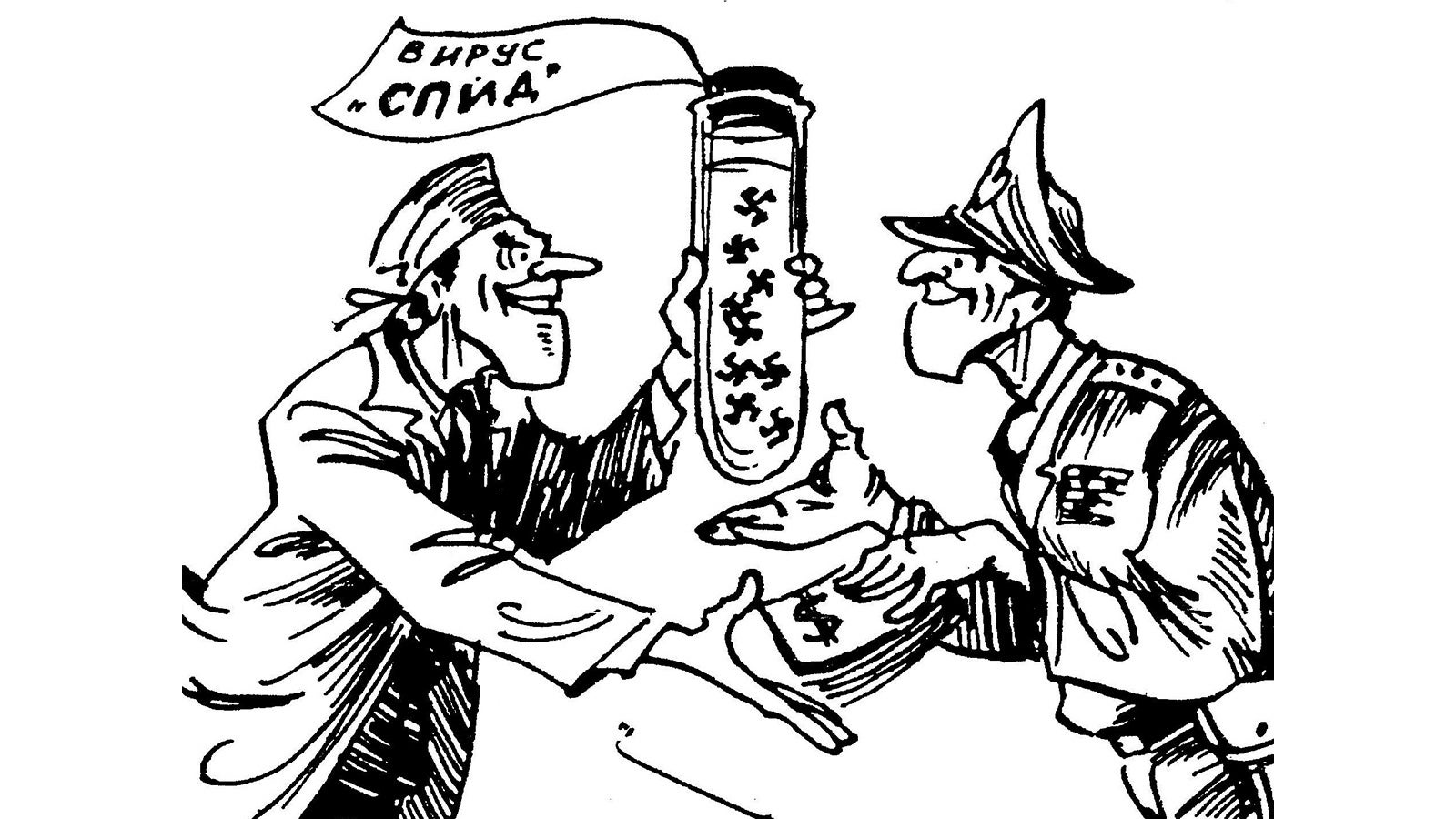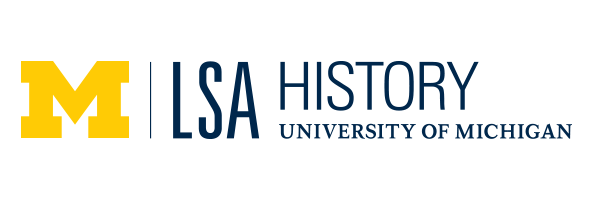Dive into the lifecycle of a “fake news” story from the 1980s and learn how a lie about one of the twentieth century’s most critical health epidemics—HIV/AIDS—was used to push particular narratives for political gain during the Cold War.

Since the 2016 election, use of the term “fake news” has skyrocketed: in media, in political rhetoric, and in the coffee shop or office kitchen. But its presence in the news is not new, nor is Russia’s involvement in the story.
Dr. Johanna Folland takes us back into the lifecycle of a “fake news” story from the 1980s, before we referred to such things with that moniker. She tells the story of how a lie about one of the twentieth century’s most critical health epidemics—HIV/AIDS—was used to push particular narratives for political gain during the Cold War. While the story includes major government actors, like the CIA and the KGB, we also learn the story of research scientist Lilli Segal and how disinformation spreads—and the real consequences thereof.
View the full episode transcript.
Historian Biographies
Johanna Folland is a postdoctoral fellow at the Eisenberg Institute for Historical Studies at the University of Michigan, where she teaches courses on twentieth-century global history and post-1945 Europe. She completed her PhD in History at the University of Michigan in 2019 with a dissertation entitled “Globalizing Socialist Health: Africa, East Germany, and the AIDS Crisis.”
David Hutchinson is a PhD candidate in the Department of History at the University of Michigan. His dissertation is a cultural history of HIV/AIDS and how structural violence becomes embodied in the era of globalization. The study explores these broader themes in chapters centered on the imagined and lived experiences of Black men, women, and children in the Southeastern United States living with and/or affected by HIV since the earliest years of the epidemic.
David Spreen is a historian of postwar Germany in the context of decolonization and the global Cold War. He received a PhD from the University of Michigan in 2019 and is currently a postdoctoral fellow at the Berlin Program for Advanced German and European Studies at the Free University of Berlin.
Production Credits
Episode Producer: Johanna Folland
Episode Contributors: David Hutchinson, David Spreen
Host and Season Producer: Daniela Sheinin
Executive Producer: Gregory Parker
Editorial Board: Gregory Parker, Daniela Sheinin, Melanie S. Tanielian, Matt Villeneuve
Image: Cartoon, Pravda, October 1986.
Music: Kevin McLoed, “Comfortable Mystery 2 & 4,” “Unanswered Questions,” and “Heartbreaking”; filmmusic.io; CC BY 4.0.
Share your thoughts about Reverb Effect by messaging reverb.effect@umich.edu.
© 2019 Regents of the University of Michigan
Author
Johanna Folland
Contributor
Daniela Sheinin, David Hutchinson, David Spreen, Gregory Parker, Matt Villeneuve, and Melanie S. Tanielian
Department or Unit
History
Publish Date
2019
Format
Podcast
Category
